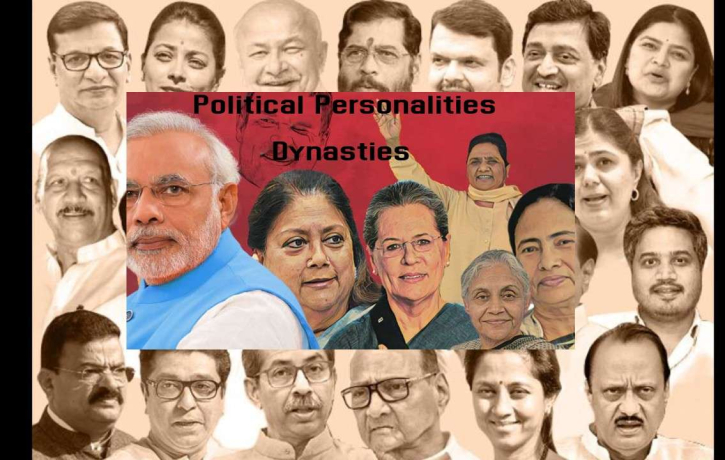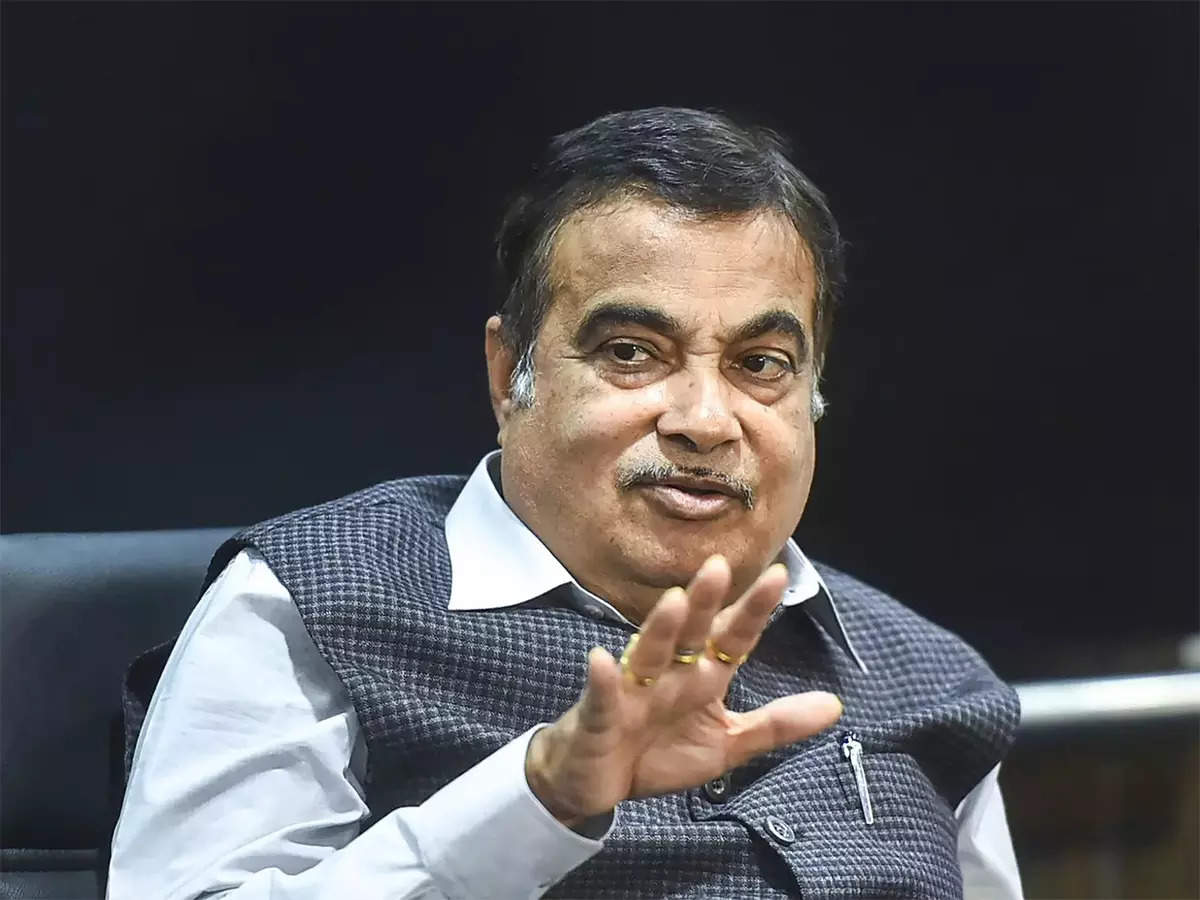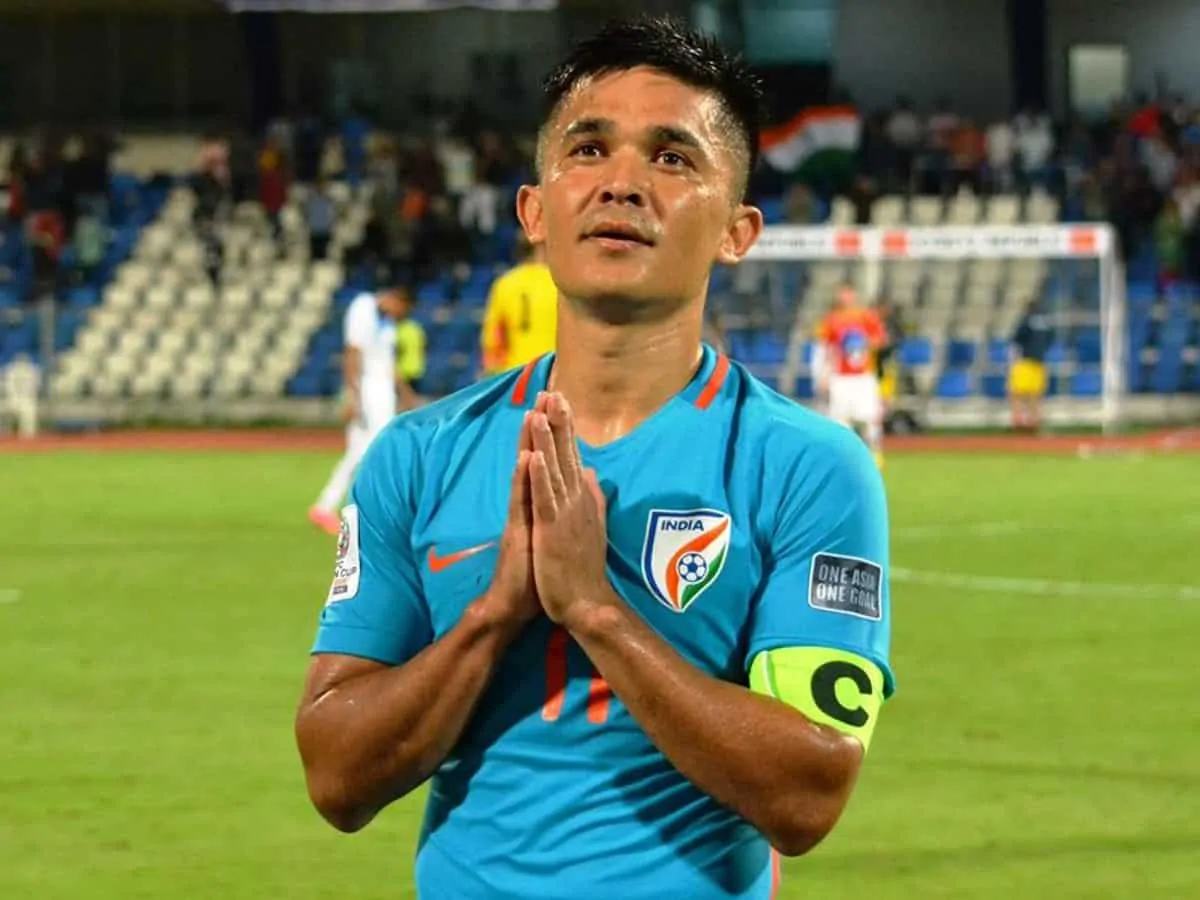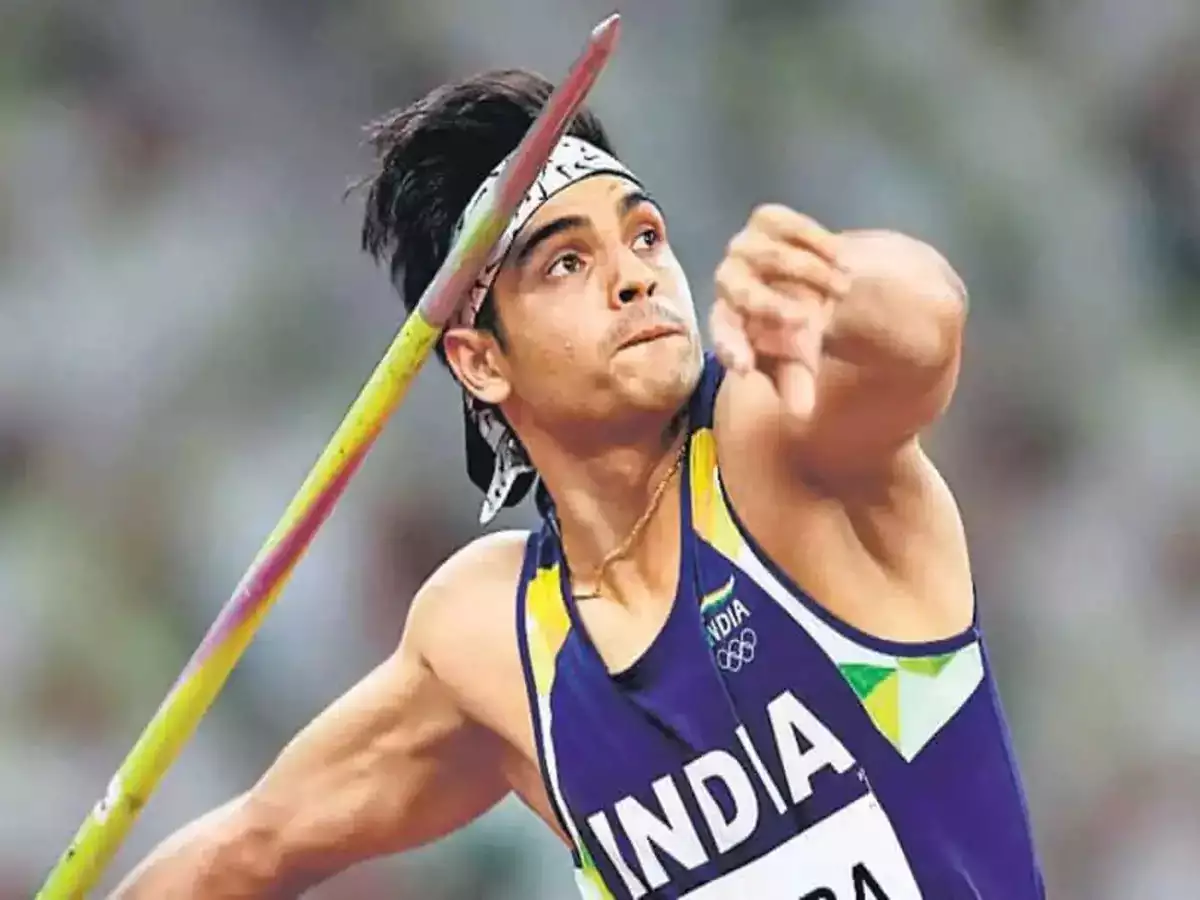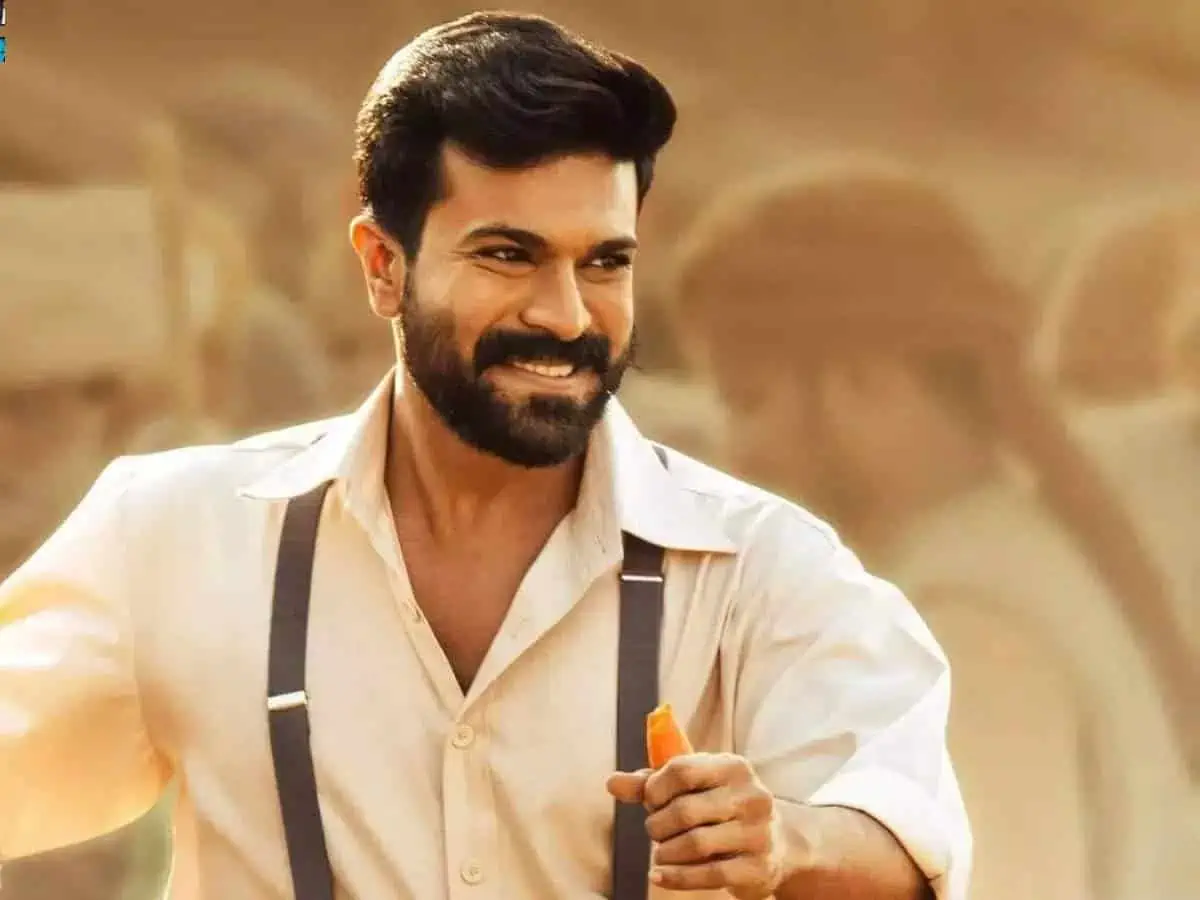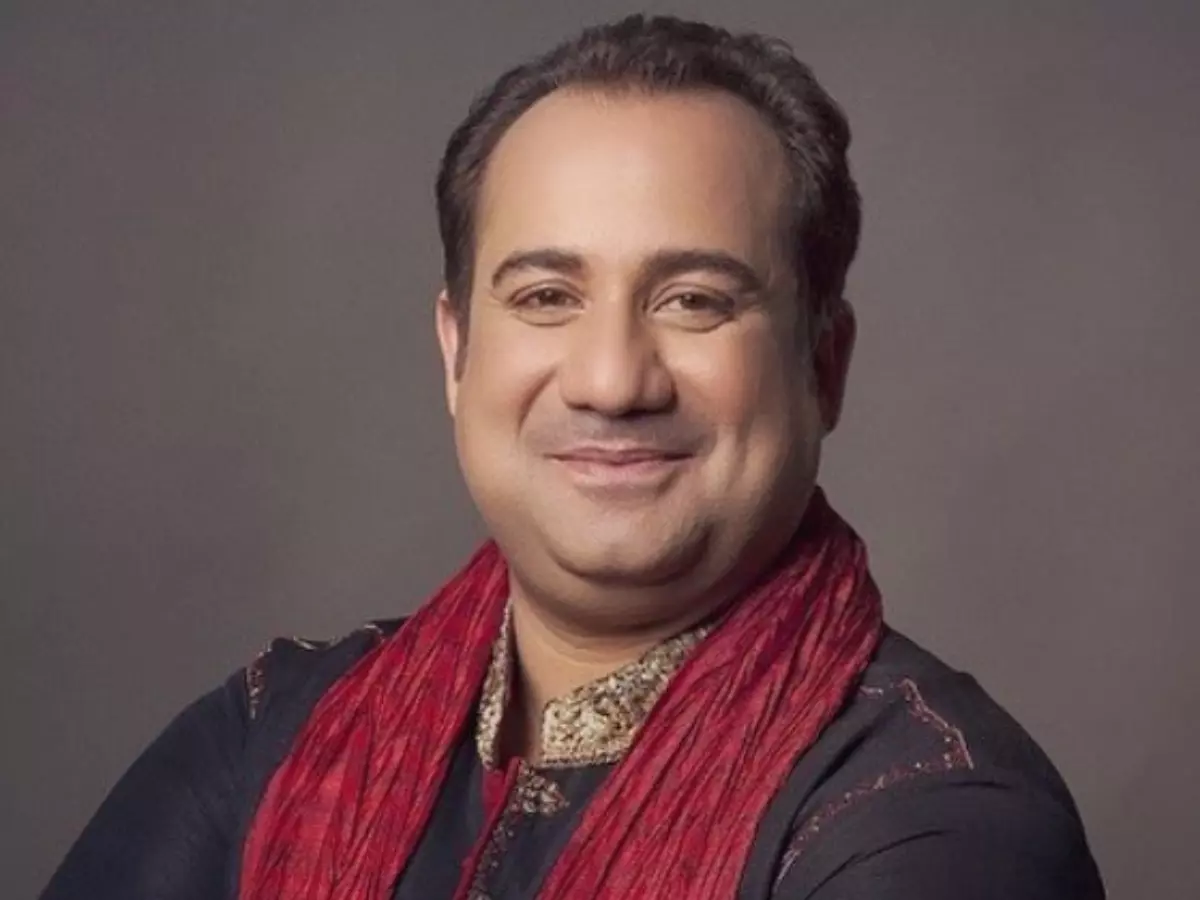Political Personalities and Dynasties: Influence, Legacy, and Controversy
Introduction
Political Personalities Dynasties. Strong personalities and powerful dynasties have long influenced politics across the world. Whether in democracies or monarchies transitioning to republics, certain families and individuals have wielded disproportionate political influence over generations. From the Kennedys in the United States to the Gandhis in India, these figures often shape national policies, public opinion, and party ideologies.
What Is a Political Dynasty?
A Political Personalities Dynasties refers to a sequence of leaders from the same family who hold political power over successive generations. These families often have long-standing ties to political institutions and maintain influence through electoral politics, party networks, and inherited popularity.
Key Features of Political Dynasties:
-
Multiple family members in politics across generations
-
Control over political parties or constituencies
-
Ability to leverage family name and legacy
-
Access to resources, media, and political patronage
Global Political Dynasties:
United States:
-
The Kennedys – Often referred to as “America’s Royal Family,” the Kennedys have produced senators, ambassadors, and a president (John F. Kennedy).
-
The Bush Family – George H. W. Bush and George W. Bush both served as U.S. Presidents. Jeb Bush served as the Governor of Florida.
-
The Clintons – Bill Clinton was President; Hillary Clinton served as Senator, Secretary of State, and a two-time presidential candidate.
Philippines:
-
The Aquino Family – Key figures in the fight against dictatorship; Corazon Aquino and Benigno Aquino III both served as presidents.
-
The Marcos Family – Despite being ousted in 1986, the Marcoses returned to power with Bongbong Marcos winning the presidency in 2022.
Pakistan:
-
Bhutto Family – Zulfikar Ali Bhutto and Benazir Bhutto both served as Prime Ministers. The family remains influential through the PPP.
-
Sharif Family – Nawaz Sharif served multiple terms as PM; his brother Shehbaz Sharif also held top positions.
Japan:
-
The Abe Family – Shinzo Abe, one of Japan’s longest-serving prime ministers, came from a family deeply rooted in Japanese politics.
Political Dynasties in India: A Deep Tradition
India has one of the most extensive networks of political dynasties in a democratic setup.
Indian National Congress:
-
Nehru-Gandhi Family – The most famous political dynasty in India.
-
Jawaharlal Nehru – First Prime Minister
-
Indira Gandhi – First female PM, Nehru’s daughter
-
Rajiv Gandhi – PM, Indira’s son
-
Sonia Gandhi – Congress President, Rajiv’s widow
-
Rahul Gandhi – MP and former party president
-
Priyanka Gandhi Vadra – Active campaigner and AICC general secretary
-
Other Indian Dynasties:
-
Yadav Family (Uttar Pradesh & Bihar):
-
Mulayam Singh Yadav and Akhilesh Yadav (Samajwadi Party)
-
Lalu Prasad Yadav and Tejashwi Yadav (RJD)
-
-
Abdullah Family (Jammu and Kashmir):
-
Sheikh Abdullah, Farooq Abdullah, Omar Abdullah
-
-
Thackeray Family (Maharashtra):
-
Bal Thackeray, Uddhav Thackeray, Aaditya Thackeray (Shiv Sena)
-
-
Karunanidhi Family (Tamil Nadu):
-
M. Karunanidhi, M.K. Stalin, Udhayanidhi Stalin (DMK)
-
-
Deve Gowda Family (Karnataka):
-
H.D. Deve Gowda and H.D. Kumaraswamy (JD(S))
-
Why Do Political Dynasties Persist?
Advantages:
-
Familiarity: Voters recognize and trust the family name.
-
Resources: Access to money, media, and party machinery.
-
Networks: Deep-rooted connections in bureaucracy and local governance.
-
Public Sentiment: Sympathy votes (e.g., after an assassination or imprisonment).
Criticisms:
-
Nepotism: Talent and merit often take a backseat.
-
Corruption: Dynasties can use power for personal gain.
-
Undemocratic: Concentration of power contradicts the spirit of democracy.
-
Lack of Internal Party Democracy: Leadership is often handed down like an inheritance.
The Rise of Personality Politics
Alongside dynasties, charismatic personalities have also driven political movements globally. In many cases, they rise as outsiders, rebels, or populists.
Examples:
-
Narendra Modi (India): From a tea seller to Prime Minister, Modi is seen as a self-made leader without dynastic backing.
-
Donald Trump (USA): Businessman-turned-politician with a populist base.
-
Volodymyr Zelenskyy (Ukraine): Former actor who became president through public support and media presence.
-
Emmanuel Macron (France): Rose quickly without belonging to any major political family or party.
Conclusion
Political Personalities Dynasties’ personalities have shaped global and national narratives for decades. While dynasties offer continuity and familiarity, they often face criticism for hindering merit and promoting elitism. On the other hand, powerful individual leaders can drive transformation but risk concentrating too much power in one hand.
The balance between legacy and leadership, charisma and competence, remains a defining feature of modern politics.

